A fiery, more populist rhetoric will mark President Barack Obama's economic message in 2010, as he puts job creation and a vow to take on special interests like Wall Street at the top of his agenda. Obama moves into his second year in office grappling with a sharp drop in his popularity to roughly 50 percent compared to the 70-percent approval rating he enjoyed at his inauguration a year ago on Wednesday.
The high US unemployment rate of 10 percent has stirred deep anxiety among voters at a time when Obama and his Democratic allies are gearing up for November congressional elections in which their majority status could be eroded.
When Obama outlines his priorities for the coming year in his State of the Union address to Congress on January 27 and in his budget on February 1, he is expected to discuss the need for long-term reduction in the federal budget deficit, which has ballooned to $1.4 trillion during the recession. But White House aides emphasised that job growth would be the top focus near term.
Obama will also push vigorously for legislation on Capitol Hill to tighten financial regulation. "If we, as a country, are not successful in establishing job growth and economic growth soundly, we will not achieve any of our objectives. We will not achieve a sustainable budget posture with unemployment in the high single digits," said top White House economic adviser Lawrence Summers.
"So priority Number One has to be assuring rapid job growth," said Summers, director of the National Economic Council. Obama and leading Democrats are coalescing around a push for targeted proposals to spur job growth and a plan, unveiled by Obama, to slap a new tax on Wall Street banks.
The House of Representatives last month passed a $155 billion package aimed at spurring jobs growth through infrastructure projects and helping states pay the salaries of public employees. The Senate is expected to take up its version of the legislation in coming weeks. Unveiling his proposal for a tax of up to $117 billion on the largest US banks last week, Obama lambasted the bankers for having taken "reckless risks" that led to the 2008-2009 financial crisis and also took aim at their "massive profits and obscene bonuses." He demanded they reimburse taxpayers for their losses in the financial bailout.
AMERICANS' ANGER AT WALL STREET Obama, who has called the bankers "fat cats," is tapping into anger among Americans at big Wall Street compensation packages in the wake of the crisis. His criticisms also harken back to a 2008 campaign theme of promising to take on special interests. Obama took heat from some Democratic supporters last year who said his proposals for regulatory reform were not tough enough on Wall Street.
Political analysts say Obama is sure to hit these populist themes hard as he seeks to push back at Republicans who have gained political traction by attacking the president's proposed health care plan as a costly intrusion into the economy. The White House credits its $787 billion stimulus package with rescuing the economy from what could have been another Great Depression. But Republicans point to the unemployment rate to argue the stimulus was wasteful and ineffective.
"(Obama) is up against very determined opposition across the board on a number of issues that has dented him in the polls," said Bruce Buchanan, a political scientist at the University of Texas, Austin. "What he needs to do is mobilise some support and appeal to people who have been driven away by opposition attacks on things like healthcare."
Buchanan said that Obama, known for his calm demeanor, could benefit from trying to "gin up a little bit of that emotional support" by attacking Wall Street. "It is probably the best card they have, to revert to populism," said Terry Madonna, a professor of public affairs at Franklin and Marshall College in Lancaster, Pennsylvania.
But Madonna said that the sharp change in Obama's political fortunes compared to a year ago will be hard to reverse and he cited the tight race in Tuesday's special election to replace the late Senator Edward Kennedy in Massachusetts as boding poorly for Democrats. Republican contender Scott Brown is polling evenly or slightly ahead of Democrat Martha Coakley. This has surprised pundits because Massachusetts is one of the most reliably liberal states in the country.
Madonna said Obama had erred in deciding to push ambitious proposals for healthcare reform and caps on greenhouse gas emissions, which he said shifted the focus from the economy. But both Buchanan and Mark Zandi, chief economist at Moody's Economy.com, said Obama deserved a grade of at least a B for his handling of the economy. "He's done roughly the right things and I think we'll get proof of that over the course of the next year," said Zandi, who advised Obama's opponent, Republican John McCain, during the 2008 election, and has advised the Obama administration.
"The stimulus package was reasonably well designed and put together and most importantly, it was done quickly enough to make a difference," Zandi said. He predicted that job growth would return by spring, helped initially by government hiring for the Census, with private-sector hiring kicking in by June.
BR100
15,080
Increased By
21 (0.14%)
BR30
43,233
Increased By
302 (0.7%)
KSE100
149,023
Increased By
208.1 (0.14%)
KSE30
45,252
Increased By
46 (0.1%)





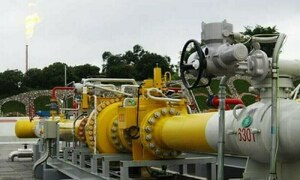

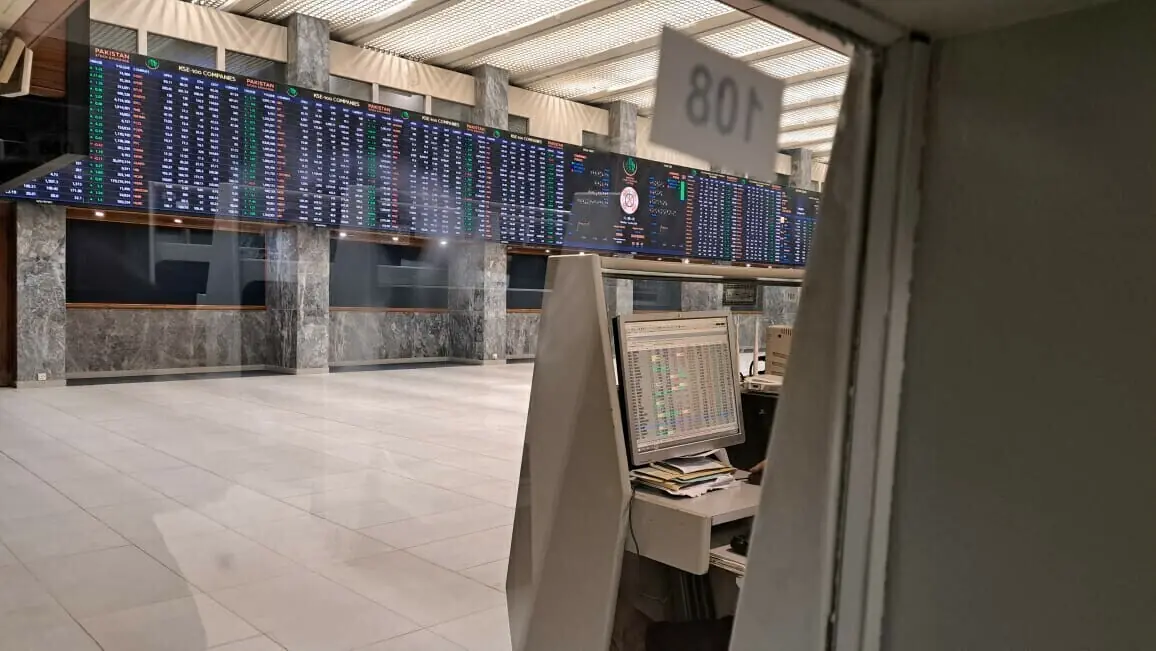

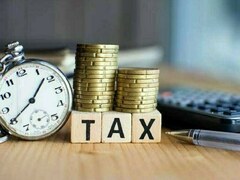




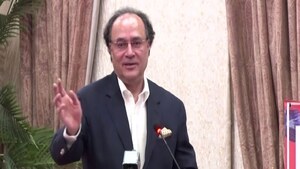
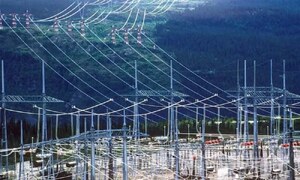

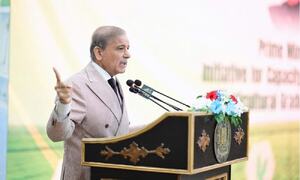

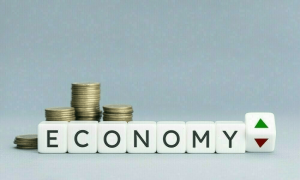

Comments
Comments are closed.